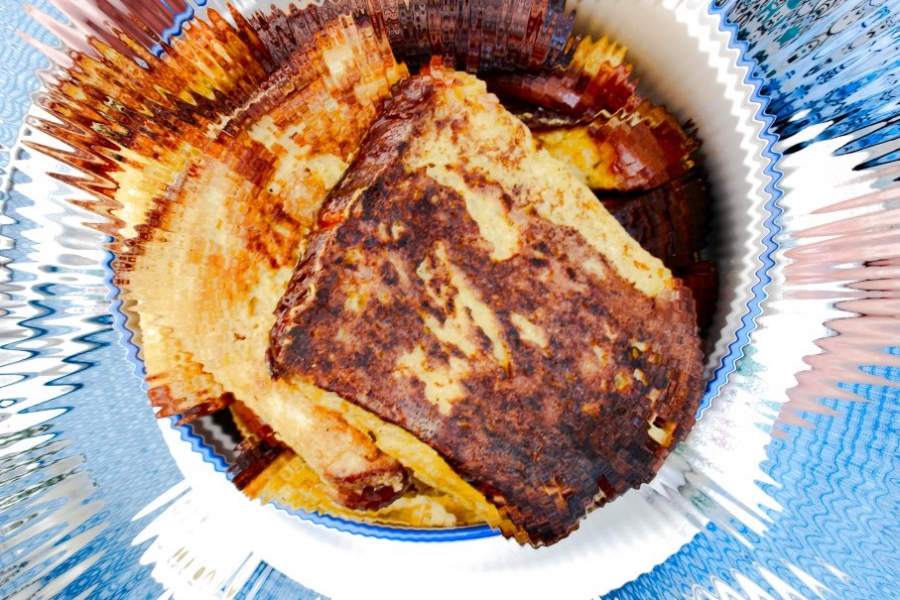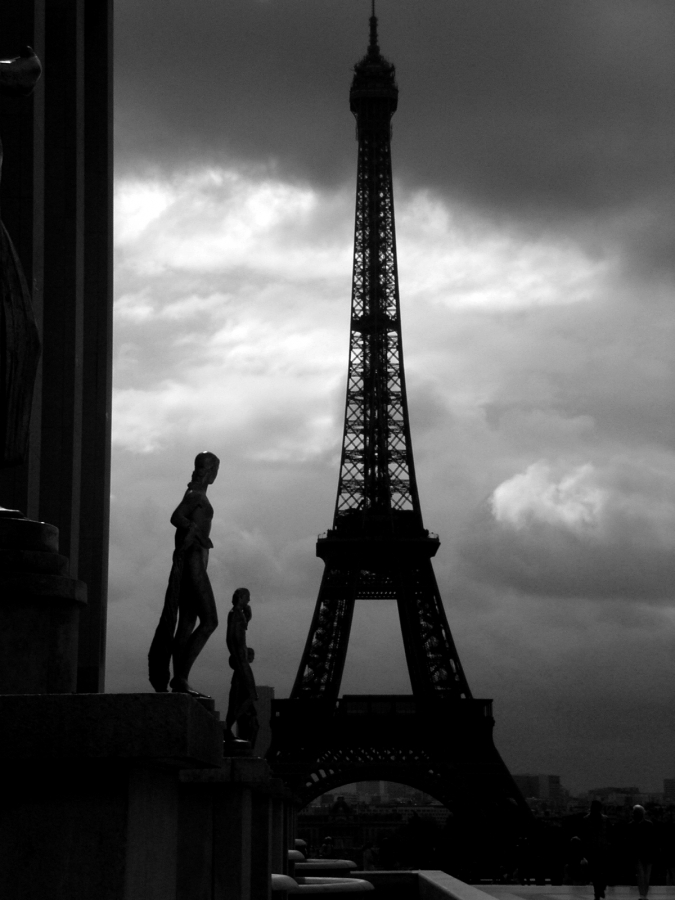French Kisses, Fries and Toast Explained
Table of Contents
 Fact: French toast was not invented by French people.
Fact: French toast was not invented by French people.
It’s true – French toast is a recipe that significantly predates France as a country. Originating sometime before the 4th century AD in Rome, so called “French” toast began as a way to not waste stale bread, instead soaking it in milk and fresh eggs and then pan frying or grilling it to create a new, tasty, and somewhat healthy meal. The tradition spread throughout Europe in the Middle Ages, where it became a favorite way not to waste food. The literal Medieval French term for this culinary delight is “lost bread” – a name, in fact, still given to the breakfast item in France, Belgium, and New Orleans.
The famed French fry was also not technically a French invention. It seems that while the term was first set down in writing in an 1856 English cookbook, Thomas Jefferson also served “potatoes…in the French manner” at a White House dinner in 1802. Most likely, however, French fries as we know them today were invented sometime in the 1600s in Belgium, then known as The Spanish Netherlands. It is believed that the popularization of the actual term “French fries” occurred when American soldiers met and fell in love with the charming little cholesterol sticks during World War I.
 To further burst all of our language bubbles, the French kiss was not actually developed in France. For anyone who has ever paused to think about how his or her body actually works when it comes to sex and procreation, the notion that any practice as common as this particular style of kissing might have been invented by any modern country or group of people is somewhat outrageous. It seems that, just as with the phrase, “Pardon my French,” someone at some time between 1800 and 1920 (when both terms began to be used with some frequency in America) decided to launch a bit of “let’s slander France” propaganda, suggesting that French people are somehow more rude, crude, or sexually demonstrative than the rest of us.
To further burst all of our language bubbles, the French kiss was not actually developed in France. For anyone who has ever paused to think about how his or her body actually works when it comes to sex and procreation, the notion that any practice as common as this particular style of kissing might have been invented by any modern country or group of people is somewhat outrageous. It seems that, just as with the phrase, “Pardon my French,” someone at some time between 1800 and 1920 (when both terms began to be used with some frequency in America) decided to launch a bit of “let’s slander France” propaganda, suggesting that French people are somehow more rude, crude, or sexually demonstrative than the rest of us.
Sometimes, when we stop to examine the preconceptions created by common phrases in a language, entire periods of history become transparent in a way we may not have noticed before. Why not discover more of these fascinating tidbits with our French True or False game!


